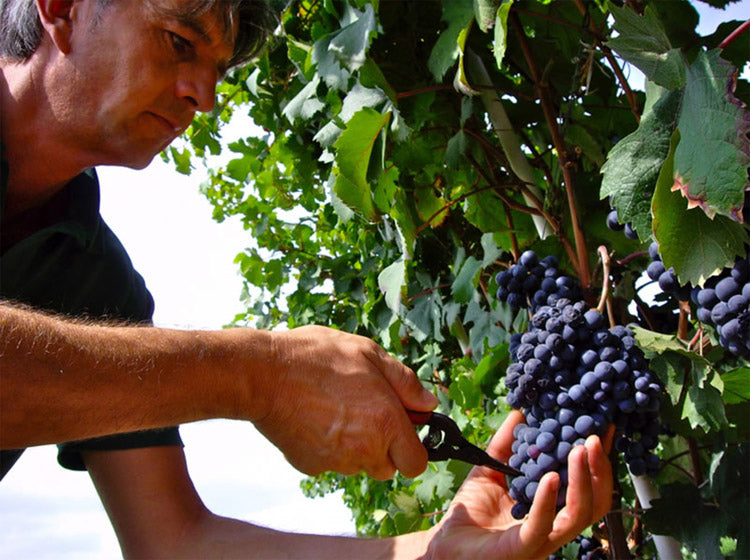What makes Barolo so special?

Barolo is often called the "king of wines" —and for good reason. This prestigious red wine from Piedmont, in northwestern Italy, has built a reputation that extends far beyond Italy's borders. But what makes Barolo so unique?
1. The Nebbiolo grape
The foundation of every Barolo is the Nebbiolo grape – a late-ripening, demanding variety that only truly flourishes in specific microclimates. Nebbiolo produces wines with a light color, yet enormous aromatic and structural intensity. Think aromas of roses, violets, tar, cherries, and sometimes even truffles.
2. Unique terroirs and Crus
The Barolo area comprises just eleven villages, including La Morra, Barolo, Serralunga d'Alba, Monforte d'Alba and Castiglione Falletto.
Every hillside, every vineyard plot, has its own unique soil composition, altitude, and exposure – factors that directly influence the wine's flavor and structure. The most famous Crus , such as Cannubi, Brunate, and Bussia, are renowned worldwide for their elegance and power.
3. Maturation and tradition
Barolo must age for at least 38 months , including at least 18 months in wooden barrels. For a Barolo Riserva, this is even 62 months. This extended aging adds complexity and softness to the wine, while allowing the powerful tannins time to meld.
Traditional producers use large Slavonian oak barrels, while more modern winemakers sometimes opt for smaller French barriques for a more accessible style.
4. A wine that develops
Young Barolos are impressive, but often still closed and firm. With a few years of bottle aging, the wine changes:
-
Tannins soften
-
Deepen aromas (think dried flowers, leather, spices)
-
Complexity is increasing
It is therefore a wine that enthusiasts often keep in their cellar to enjoy later.
5. Culinary versatility
Its firm structure and pronounced aromas make Barolo a perfect partner for rich dishes.
Classic combinations are:
-
Brasato al Barolo (beef stew in Barolo)
-
Risotto with porcini or truffle
-
Game dishes such as venison or pheasant
-
Mature cheeses such as Castelmagno
6. Exclusivity and craftsmanship
Barolo production is relatively small. The combination of a limited wine region, strict regulations, and labor-intensive production means that a good Barolo is always something special.
In short: Barolo isn't a wine to be drunk casually. It's an expression of place, tradition, and craftsmanship. A wine that commands respect and invites you to discover it slowly.
Want to experience authentic Barolo wines? We've carefully selected the best value for money.

